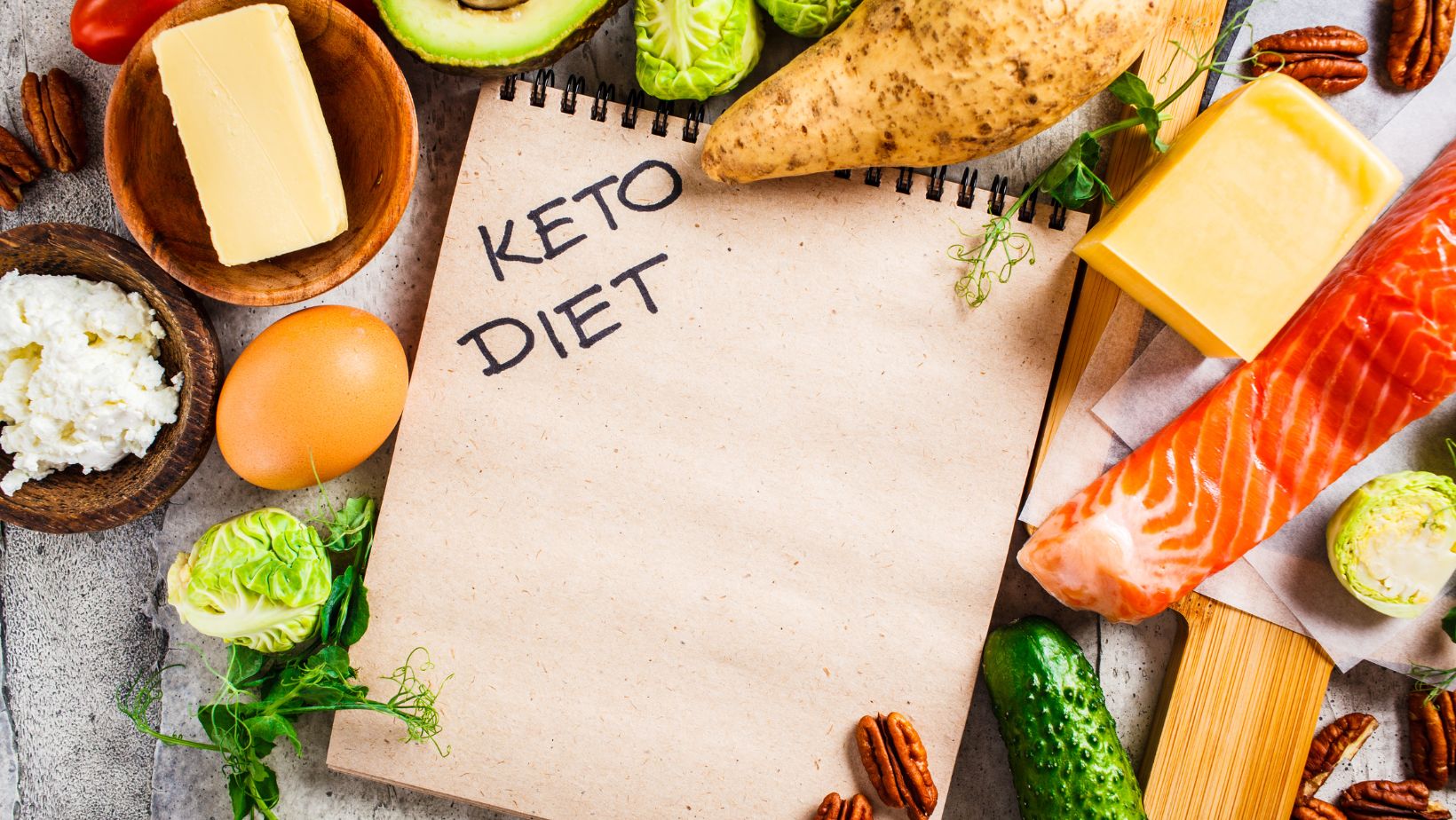
Keto Diet For Women Over 40
As a woman over 40, you may find yourself looking for ways to maintain a healthy weight and improve your overall well-being. One popular option that has gained significant attention in recent years is the ketogenic diet, commonly known as the keto diet. In this article, I’ll explore how the keto diet can specifically benefit women over 40 and provide tips on how to successfully incorporate it into your lifestyle.
The keto diet is a low-carbohydrate, high-fat eating plan that aims to shift your body into a state of ketosis. This metabolic state occurs when your body starts using fat as its primary source of fuel instead of carbohydrates. For women over 40, this can be particularly beneficial for managing weight loss and improving insulin sensitivity.
Additionally, the keto diet has been shown to support hormonal balance in women by reducing insulin levels and increasing levels of beneficial hormones like adiponectin. This can help alleviate symptoms associated with perimenopause or menopause such as hot flashes and mood swings.
In the following sections of this article, we’ll delve deeper into the specific considerations for women over 40 who are interested in trying out the keto diet. From understanding macronutrient ratios to managing common challenges like nutrient deficiencies and electrolyte imbalances, I’ll provide you with practical tips to help you navigate this dietary approach with confidence.
Why the Keto Diet is Popular Among Women Over 40
The popularity of the keto diet among women over 40 has been steadily increasing in recent years. There are several reasons why this particular dietary approach has gained traction among this age group.
- Effective Weight Loss: One of the main reasons why women over 40 are drawn to the keto diet is its effectiveness in promoting weight loss. As we age, our metabolism tends to slow down, making it more challenging to shed those extra pounds. The ketogenic diet, with its low-carb and high-fat approach, can help boost metabolism and encourage fat burning, leading to significant weight loss results for many women.
- Hormonal Balance: Another benefit that appeals to women in their 40s is the potential impact of the keto diet on hormonal balance. As estrogen levels decline during menopause, some women experience symptoms such as weight gain, mood swings, and hot flashes. The ketogenic diet may help regulate hormone levels by stabilizing blood sugar and insulin levels, potentially alleviating these symptoms and improving overall well-being.
- Increased Energy Levels: Many women over 40 find themselves dealing with fatigue and lack of energy due to various factors like busy lifestyles or hormonal changes. By adopting a keto lifestyle, which emphasizes healthy fats as an energy source rather than relying on carbohydrates, some individuals report increased energy levels throughout the day. This surge in energy can be particularly beneficial for managing daily responsibilities while juggling work, family life, and other commitments.
- Mental Clarity & Focus: Cognitive function can sometimes decline with age, affecting memory and overall mental clarity. Studies have suggested that ketones produced during a state of ketosis may provide an alternative fuel source for the brain which could enhance cognitive function (source). Women over 40 who follow a ketogenic diet often report improved mental focus and enhanced productivity.
- Reduced Inflammation: Chronic inflammation is associated with numerous health issues, including arthritis, heart disease, and certain types of cancer. The ketogenic diet has been found to have anti-inflammatory effects in some studies (source). This reduction in inflammation may contribute to improved joint health and overall well-being for women over 40.
In conclusion, the keto diet’s popularity among women over 40 can be attributed to its potential benefits such as effective weight loss, hormonal balance support, increased energy levels, improved mental clarity and focus, and reduced inflammation. Before starting any new dietary regimen, it is always advisable to consult with a healthcare professional or registered dietitian to ensure it aligns with individual needs and goals.

